Cheese pickle: how to prepare and store it at home?
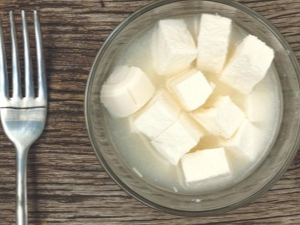
Among all the existing varieties of hard cheeses, feta cheese stands apart. It brings much more benefits to the human body and differs significantly both in manufacturing technology and in storage features. Therefore, it is worth considering a pickle for cheese and finding out how to cook it correctly and how you can store it at home.
Peculiarities
The most important difference between brynza and other cheeses is its composition. When properly prepared, it contains no carbohydrates at all, and the fat content in it does not exceed 20% (whereas for hard cheeses this figure can exceed 60%). Because of this, its calorie content is usually not higher than 260 kcal. At the same time, cheese contains up to 18% of proteins, as well as many vitamins, including:
- A and beta-carotene;
- B1 and B2;
- FROM;
- D;
- E;
- RR.
Cheese is rich in essential trace elements such as calcium, potassium, magnesium, iron, phosphorus and sulfur.
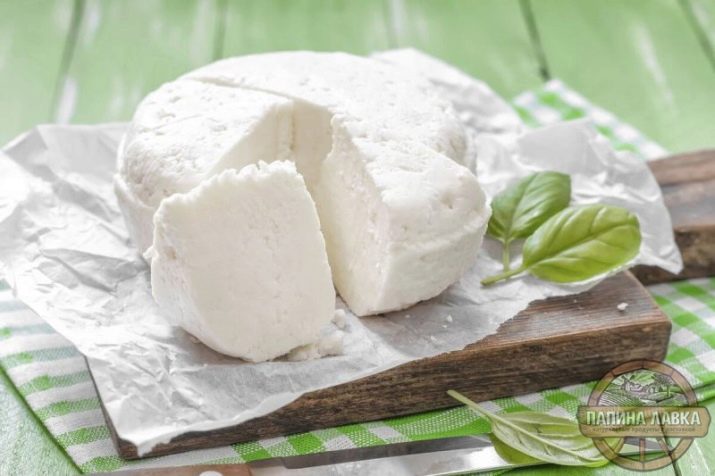
Such unique properties are associated with one important drawback - unlike other cheeses, feta cheese requires a unique storage technology.
What is brine for?
If you store cheese in the same way as other hard cheeses (for example, placed in an airtight container, wrapped in paper, cling film, parchment or a plastic bag), then in just a few days it begins to noticeably deteriorate. Its edges may dry out and become stale, and the surface may become slippery.Such changes are accompanied by the appearance of an unpleasant odor, which indicates a change in the composition, and hence the properties of the product. Spoiled cheese can do more harm than good.
It is possible to save this cheese for several months only with the help of a specially made brine, which will simultaneously protect it from drying out and from pathogenic microorganisms. Not surprisingly, many cheese producers these days ship their product in containers of brine (similarly, it is customary to pack another unique pickled cheese - feta). This liquid is also called brine. If you purchase these cheeses without brine, you can make it yourself at home.
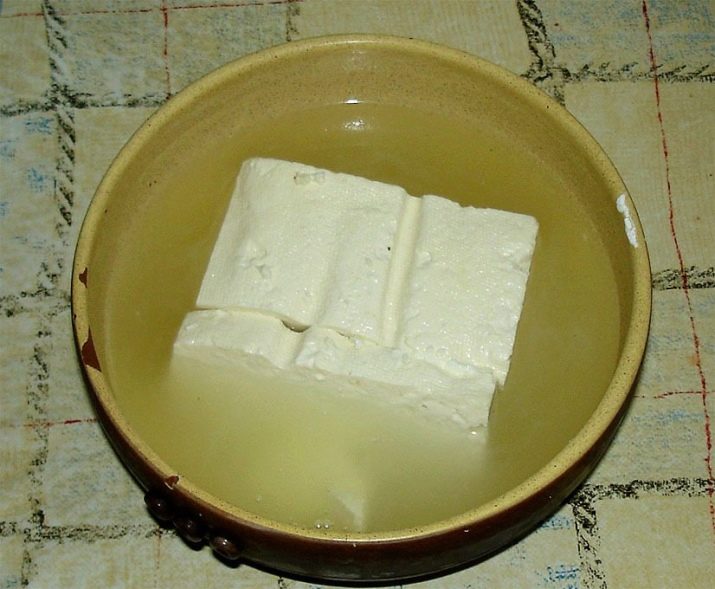
Cooking
The classic brine for cheese is prepared exclusively from water with the addition of table salt. At the same time, for the best result, the proportions should be as follows - for each liter of water it is necessary to dissolve from 180 to 200 grams of salt. Salinity of less than 18% will reduce the expected shelf life, and salinity of more than 20% will change the flavor of the stored cheese. You can check the salinity of the prepared brine using a chicken egg - its tip should pop up when the egg is completely immersed in the brine.
Instead of water, whey can also be used to prepare the brine, while salt is added in the same proportion. Bryndza preserved in this way loses less shades of its taste.
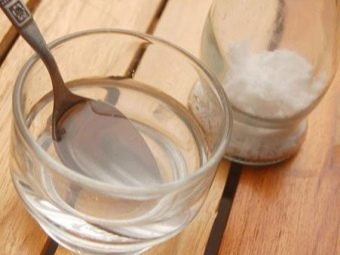
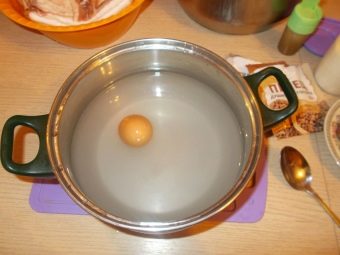
Another interesting recipe that helps not only save cheese, but also enrich its taste is pickle with herbs. To prepare it, you will need a ready-made brine and 1 pinch of ground red pepper, grated garlic, dill, cumin and parsley. All these ingredients should be mixed with brine.
You can additionally diversify the taste of stored cheese by adding vegetable oil, mustard seeds and other flavorings and spices to taste. It is important not to overdo it with their quantity, so as not to spoil the taste of the product and preserve its beneficial properties.

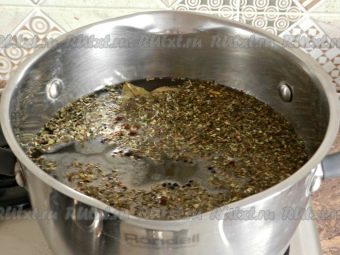
Another brine recipe allows you not only to save cheese, but even make it yourself.
To do this, pour a liter of milk into the pan (preferably homemade or purchased with the maximum available fat content), add three tablespoons of sour cream (also the fattest, at least 20%) to it, mix and put on high heat.
After the milk begins to coagulate, add about two tablespoons of lemon juice to the mixture. After a minute, the fire must be turned off. The resulting solid mass must be separated from the liquid component, for which filtration through several layers of gauze is well suited. The separated solid component must be put under a heavy press for an hour. After that, the product is cut into cubes, poured with twenty percent brine and put in the refrigerator. The dish will be ready to eat in half an hour.

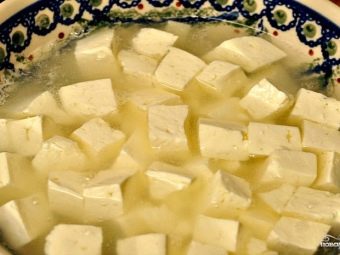
Storage
It is strictly forbidden to store cheese at room temperature. Without any packaging in such conditions, it will remain usable for only 8 hours. In store-bought or airtight packaging, this cheese can lie at room temperature for one day. Finally, storage of cheese in brine under such conditions is possible for a period of no more than two days.
Therefore, both the prepared brine and the cheese stored in it must be kept exclusively in the refrigerator.
At the same time, the taste and benefits of cheese will be influenced not only by temperature conditions, but also by the material of the dishes.Different types of plastic can interact with the brine and the surface of the Cheese, resulting in a variety of off-flavours in the cheese, and potentially even causing health problems. Therefore, both the brine and the cheese in it must be stored exclusively in glass containers. It is better if these containers are transparent - this way you can notice the turbidity of the brine or the beginning of spoilage of the cheese.
In any case, the brine, when storing cheese in it, should be completely replaced once a month. At the same time, many housewives recommend gradually reducing the salinity of the brine every month. Just remember that in any case, salt should not be less than 150 g per 1 liter of water.
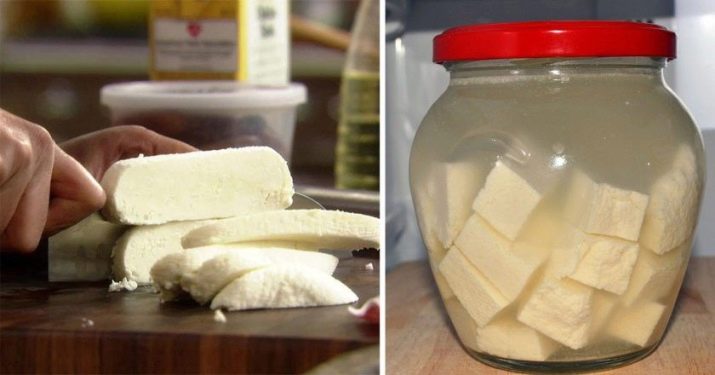
Tips
If you store cheese in ordinary water or a weak saline solution (in which salts are less than 15%), then the salinity and hardness of this cheese will decrease. Usually, this effect is considered undesirable, but people suffering from various diseases of the teeth, cardiovascular or digestive system, thanks to this effect, will be able to enjoy the taste and benefits of cheese without negative consequences. Healthy people can also soak too salty or hard cheese - the main thing is not to overdo it so as not to get a tasteless and shapeless mass.
Theoretically, the storage of cheese in a freezer without brine is possible for up to 8 months, but in practice, freezing this cheese will change its composition, as a result of which the cheese will begin to crumble and lose a significant part of its benefits and taste.
See below for how to cook brine according to your grandmother's recipe.

















